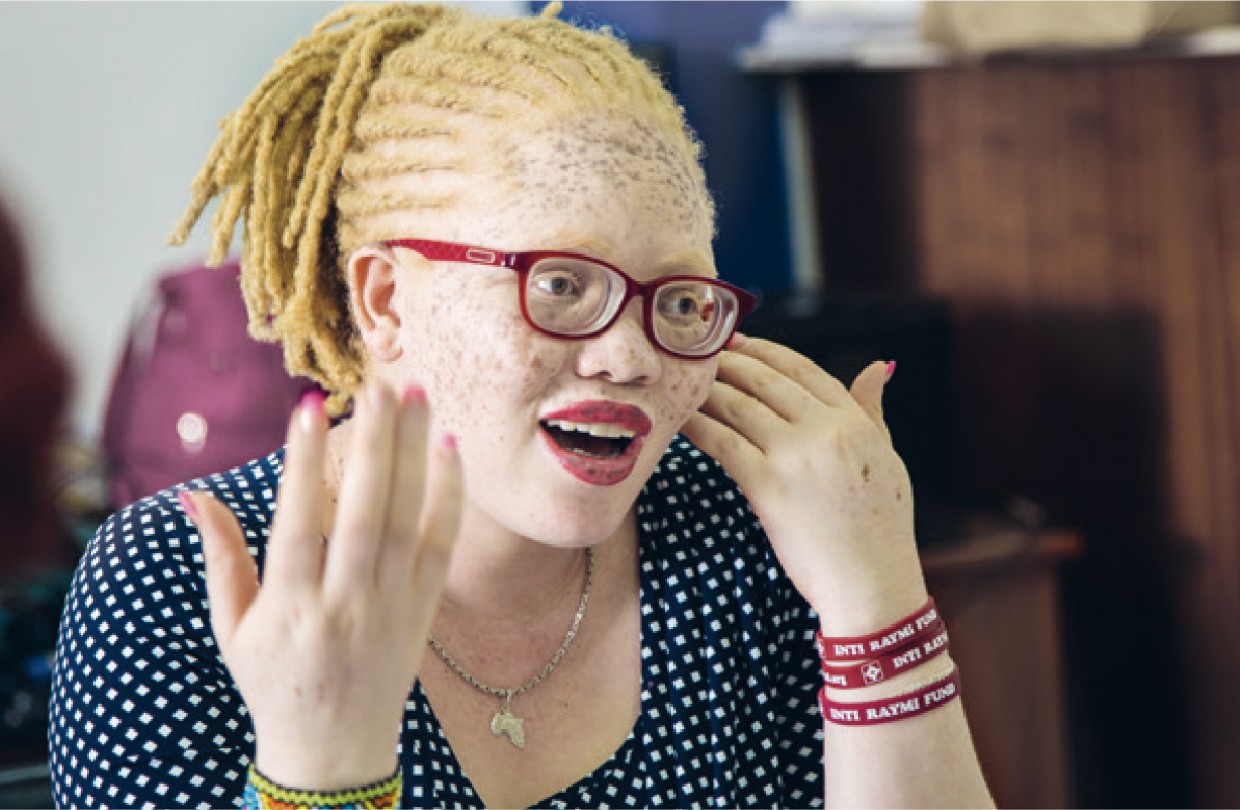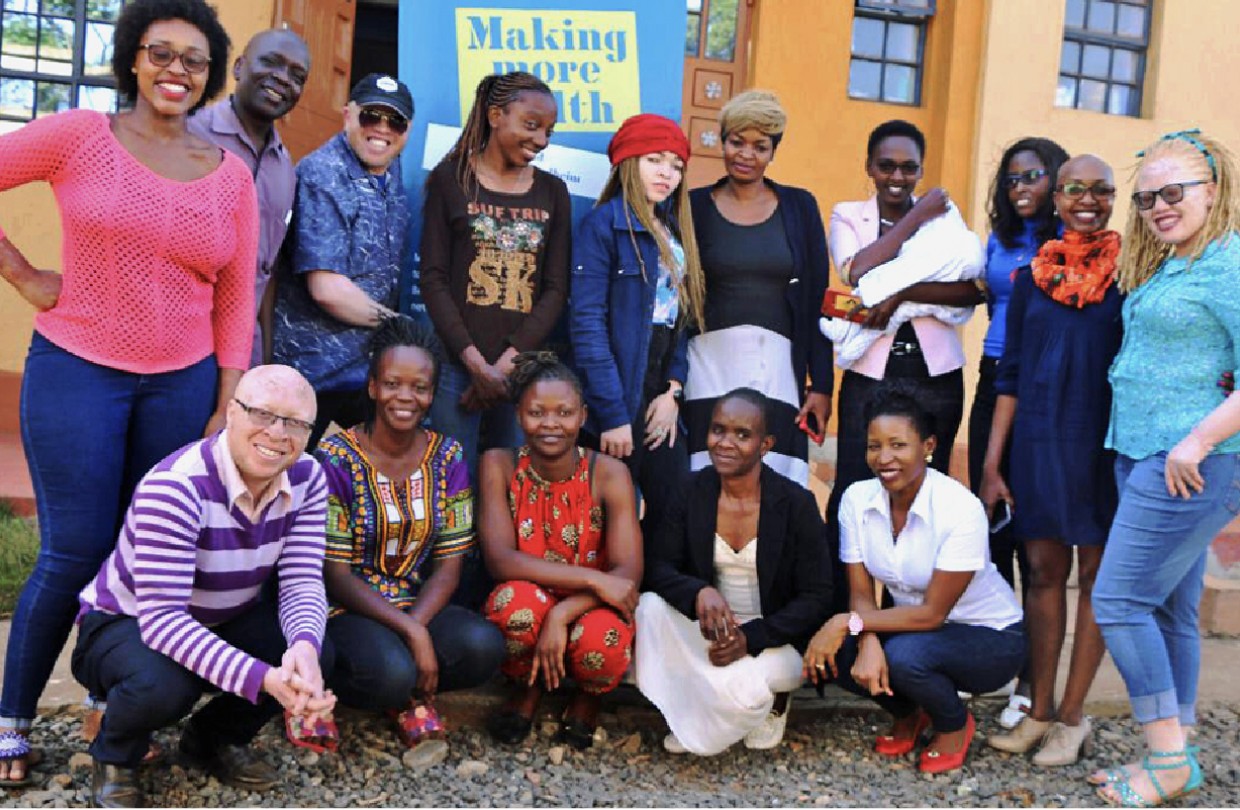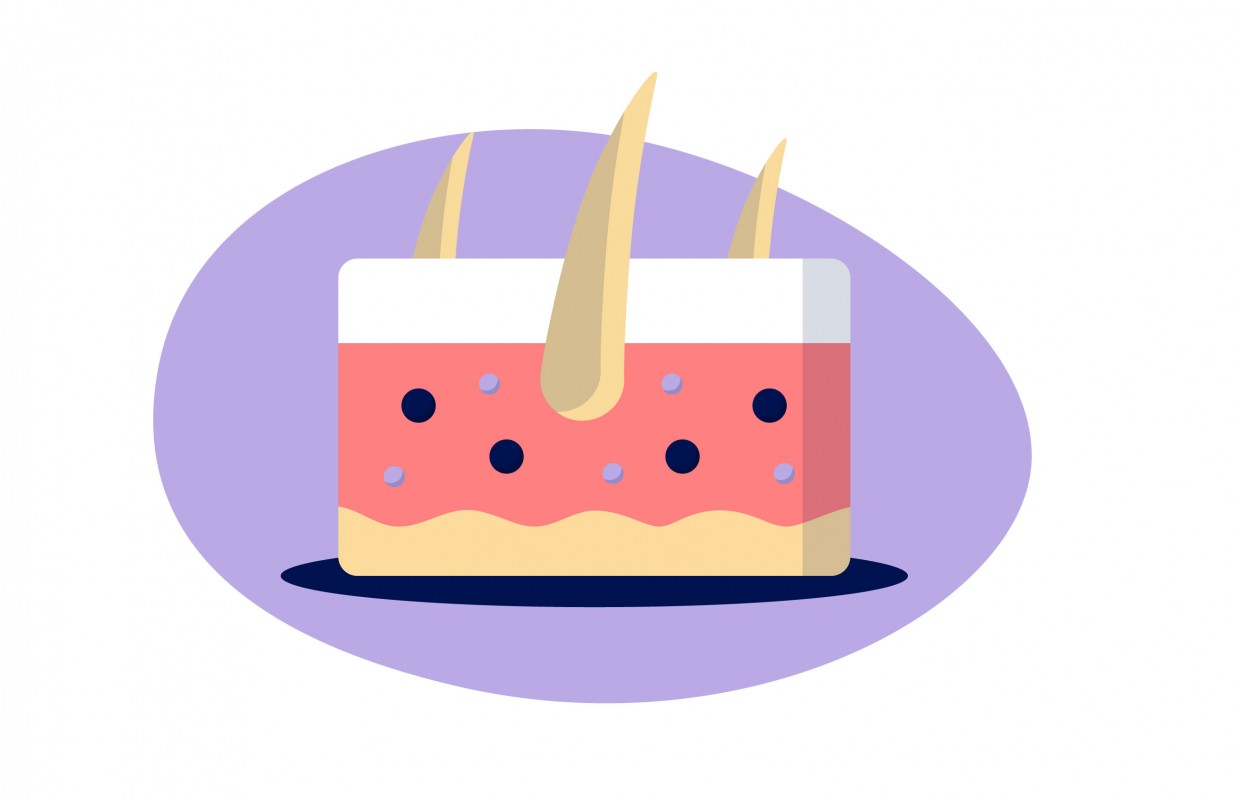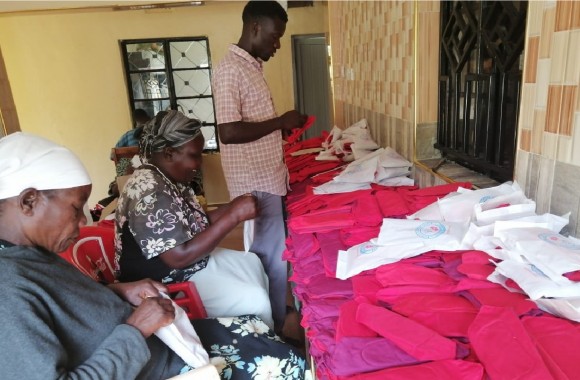Persons with Albinism differ in appearance because of a decreased amount of the melanin pigmentation in their skin, eyes and hair which makes them vulnerable to sun exposure and sensitive to bright light. This is what is known as the albinism condition. The condition is rare, non-contagious, and is genetically inherited. It occurs in all racial and ethnic groups throughout the world. Albinism occurs at birth and lasts throughout life. There is currently no treatment which can cause the body to produce melanin and lessen the symptoms of albinism. However, the condition can be efficiently managed.
MMH has committed resources in rural Kenya to create a fully inclusive society that supports the wellbeing of people with albinism. Our goal is to create an inclusive society that integrates and supports people with albinism by demystifying myths about the condition through leveraging education and raising public awareness. Together with our local partner NGOs Positive Exposure Kenya, located in Nairobi and Golden Age Albinos Support Program (GAASP), located in Webuye we are committed to making a real change for better happen.

Using a similar social support model as PE-Kenya, together with our partner GAASP we have created five albinism social support groups that currently have 85 members comprising men, women, and children. Members meet monthly to offer mental support, share knowledge on health-related topics as well as engage in economic self-development activities e.g. liquid soap production, poultry farming, animal husbandry, artwork, and bead making. MMH also supports the ‘Supporting Entrepreneurship and Economic Development’ (SEED) project that targets households impacted by albinism to equip them with skills and to become economically self-reliant.
In collaboration with our partners, we have implemented initiatives to create a conducive learning environment for students with albinism by educating school administration, teachers, and students on the condition. Together with Positive Exposure, we ensured 30 students with albinism who previously enrolled in special schools attend regular schools and provided with reasona-ble accommodations like prescription glasses, telescopes, and large prints. We provide mentorship to these students who eventually they compete national-ly with outstanding performances.

WITH THESE SIMPLE STEPS YOU CAN HELP TO CREATE A FAIR, SAFE AND CONDUCIVE ENVIRONMENT OR PERSONS WITH ALBINISM: HOW CAN I MAKE A CHANGE?
- 1. Raise awareness about Albinism and develop a positive attitude towards difference. Avoid the use of derogatory names such as “albino”, “zeruzeru”. Instead refer to them as Persons with Albinism.
- 2. Engage Persons with Albinism in communityand sport activities e. g. swimming, aerobics and ball games.
- 3. Stop social exclusion, stigmatization and discrimination.
- 4. Report incidents of violence and abuse against Persons with Albinism to local authorities.
- 5. Be aware that Persons with Albinism require reasonable accommodation from sun exposure and bright light to live a normal life



